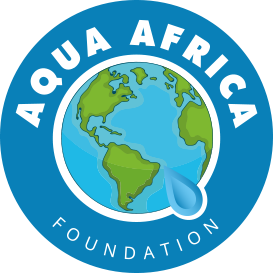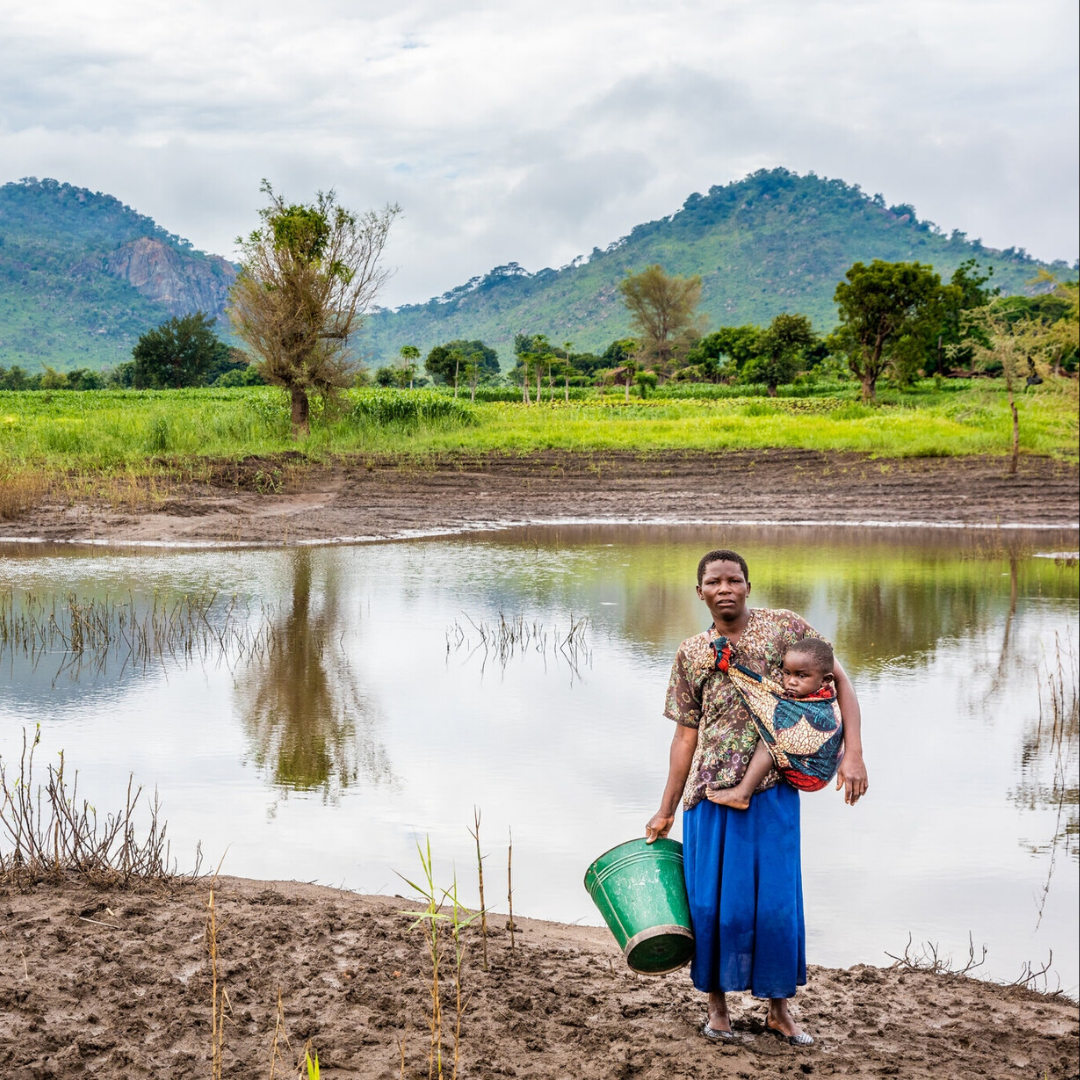Due to the uncomfortable clarity of scientific analysis, in 2018, researchers from the European Commission’s Joint Research Center applied “innovative analysis of past cross-border water conflicts and cooperation events” to determine “current and future water problems are more likely to occur”. Regions, and water cooperation should be actively carried out to avoid possible tensions.” In the subsequent paper-“An innovative method for assessing hydropolitical risks: spatially clear, data-driven indicators for hydropolitical issues”-did not The emotional phrase “water war” is actually used everywhere. After all, it is more common in news headlines than serious academic publications. But the first huge water war in the 21st century is exactly the “risk” in question, and in the Horn of Africa, this risk is about to become a tragic reality.
To those who have the slightest interest in the development of the region, to the surprise, at the top of the list of potential global flashpoints identified by the researchers is the Nile River Basin. Now, when Addis Ababa ignores the protests of Sudan and Egypt and continues to store water in the reservoir behind its powerful Ethiopian Renaissance Dam, the reservoir will block most of the water that normally flows downstream along the Blue Nile. It is difficult to see how the deadlock between the three players can be resolved peacefully. On July 8, the UN Security Council urged the three countries to “in the spirit of’one river, one person, one vision’, reach a cooperative solution and seek sustainable development for all.” This is a futile hope.
Although the African Union, the Arab League and other organizations have intervened in good faith, not to mention the recent diplomatic intervention of the Gulf countries and the new US government, the cooperative solution is precisely the goal that these three countries have been unable to achieve in the past. In 10 years, since Ethiopia first announced plans to build a huge hydroelectric dam. No one can reasonably argue that Ethiopia is a country where half of the population has no access to electricity and should not be allowed to develop the natural resources on its territory. Similarly, who can suggest that Egypt should be deprived of the drop of water it has lived on for thousands of years? Competing needs seem incompatible. But this is just the beginning of the thorny water crisis brewing in the Nile River Basin. There are no less than 11 countries and 260 million people totally dependent on the Nile water.
The United Nations predicts that in the next 25 years, the population of these 11 countries will increase by at least 50%. At the same time, the average amount of water flowing along the Nile will not increase by one drop. To make matters worse, some countries in the Nile River basin were inspired by Ethiopia’s successful construction of Africa’s largest hydroelectric dam. With population growth and soaring demand for modernization and electricity, it is understandable that they want to build their own dams. Last month, South Sudan announced plans for a dam across the White Nile. The dam is also located in the upper reaches of Sudan and Egypt. This threatens the loss of more water in the downstream states. Ethiopia itself has plans for at least three dams. The Nile Basin Initiative predicted in its 10-year strategy released in 2017 that “if countries develop as planned, we will ensure “cooperation and joint action among coastal countries to seek a win-win situation.” By 2050, 1.5 Nile rivers will be needed.”
This seems to be underestimated now, anyway, this is purely academic-there are no more Niles available. The slogan of the National Bureau of Investigation—”One River, One Person, One Vision”—sounds hollow. Those who urge Egypt, Sudan, and Ethiopia to discuss a solution to the crisis, somehow find a way to manage the Nile as an international cross-border resource, rather than as an asset for individual countries determined to do business within their borders Take advantage. For our own benefit, we must face a sober reality. Even if the 11 countries in the Nile River Basin are all one country, the imaginary ideal world that manages the big river as a unified resource still cannot solve the fundamental problems that threaten the security of the Nile River Basin. The Horn of Africa, therefore, a wider area. There are too many people, more people arrive every day, but not enough water.
with information from: https://www.timesnownews.com/columns/article/a-water-war-simmers-in-the-horn-of-africa/785296


